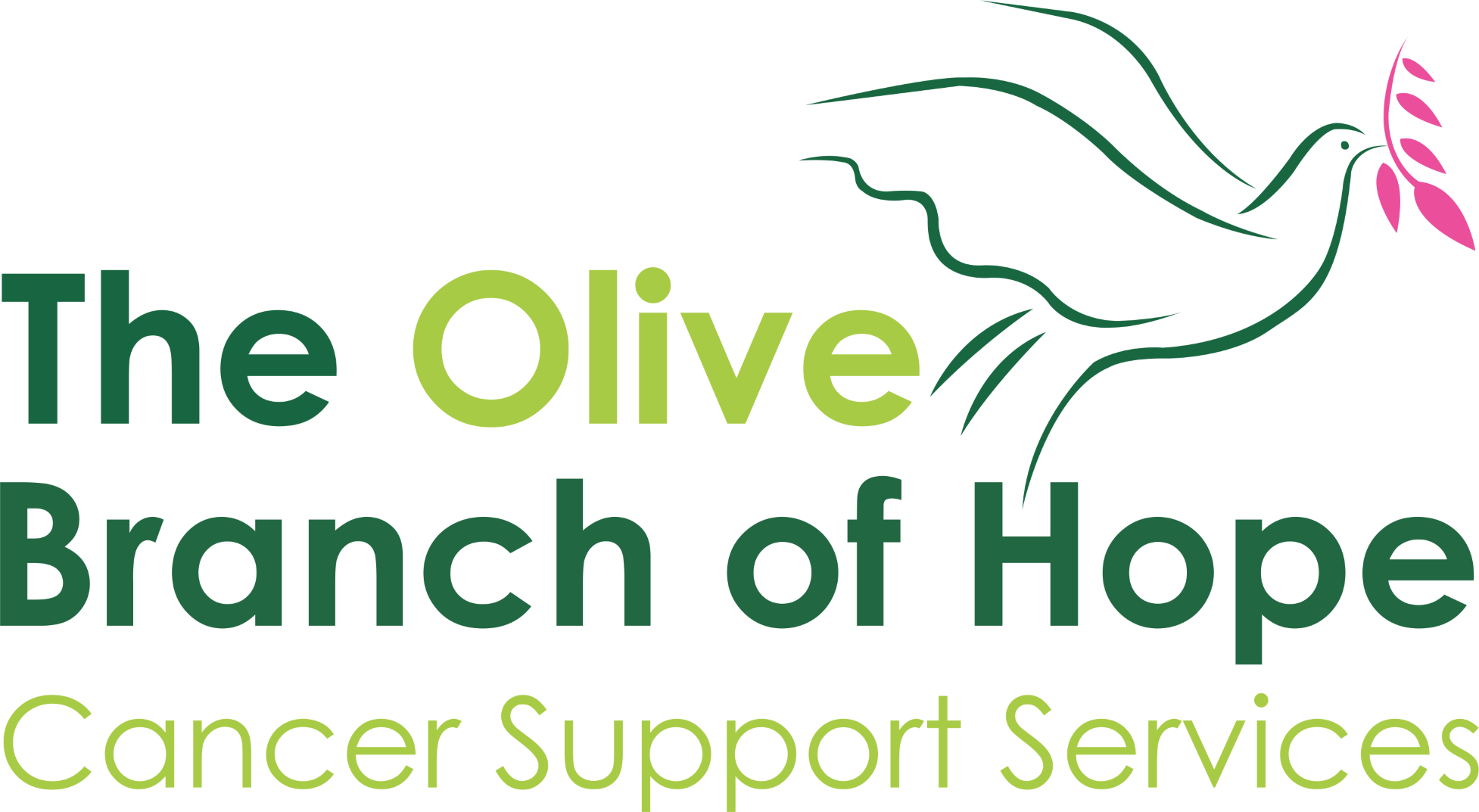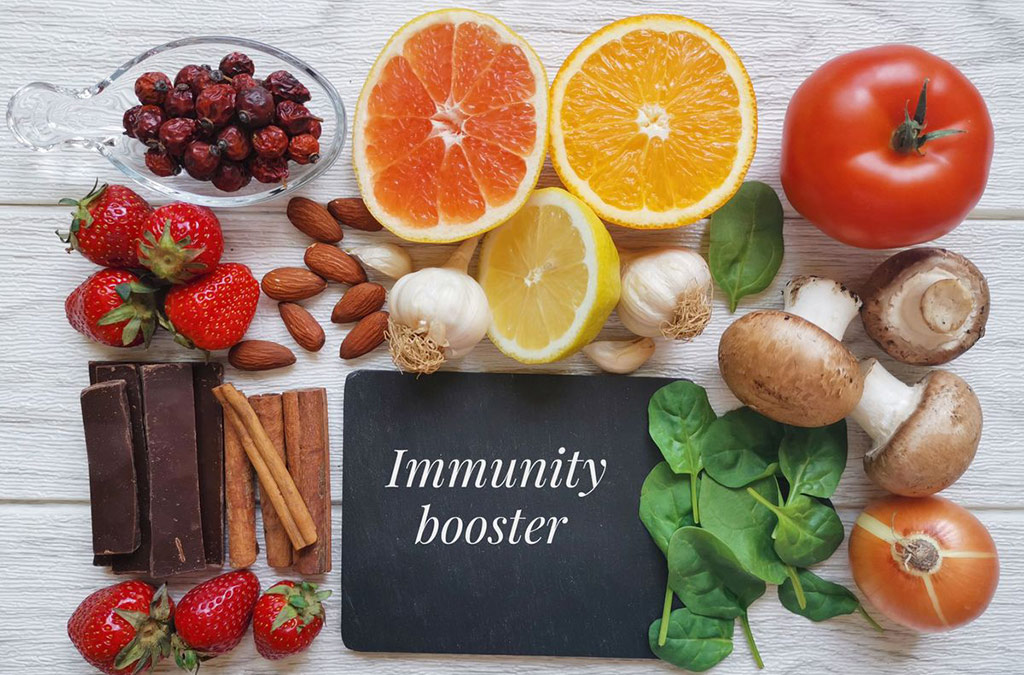Here are some of the recommendations.
1. Regular exercise (or at least 150 minutes per week). Regular exercise may reduce the risk of acute respiratory distress syndrome.
The circulatory system brings more blood to your muscles, of course, but it can also help in delivering more white cells throughout the body, which detect pathogens and fight infection.
Consistent exercise can also decrease inflammation. This is important because when the body’s inflamed, the immune system is less equipped to deal with infection—it’s already kept busy trying to decrease inflammation. If we can help keep inflammation down, then, we can better protect ourselves against sickness.
2. Sleep: Sleep helps the immune system. Before we talk about the importance of sleep, it is good to talk about “T cells”, a T cell is a type of lymphocyte, which develops in the thymus gland (hence the name) and plays a central role in the immune response, and sleep improves immune T cells.
T cells are a type of “immune cells that fight against intracellular pathogens, for example virus-infected cells such as flu, HIV, herpes, and cancer cells” explains Stoyan Dimitrov, PhD, a researcher at the University of Tübingen.
Bad sleep can result in “long-term problems with mood, memory, and blood sugar, among other things,” Suzanne Stevens, MD, a sleep neurologist at the University of Kansas Health System, told Healthline. “Short-term consequences of bad sleep may include sleepiness, poor judgment, car accidents, moodiness, memory problems, workplace mistakes, and more. Chronic poor sleep affects not only the ability to function well the next day, but the sleep deficit builds up the longer sleep isn’t good.”2
Poor sleep can also increase inflammation, blood pressure, insulin resistance, cortisol, weight gain, and cardiovascular disease, as well as decrease blood sugar regulation.
Sleep sometimes can be difficult, our daily day-to-day being filled with tasks and responsibilities and anxiety play a big role in the quality of our sleep, but with appropriate tools, exercise, meditation before sleep we can control and give a better quality to our sleep and boost our immune system.
3. Eat a diet high in fruits and vegetables: Fruits and vegetables give us vitamins, nutrients, minerals, antioxidants, fibre among others. The more colorful your plate is with a variety of choices from the list below, the better. Here a list with some of them for guidance:
- High in vitamin C: grapefruits, oranges, tangerines, sweet red pepper, broccoli, strawberries, kale, and kiwifruit are thought to increase white blood cell production, which is key to fighting infection.
- Vitamin A: which is an anti-inflammatory vitamin that can help your antibodies respond to toxins, such as a virus. Carrots, spinach, kale, apricots, sweet potato, squash, and cantaloupe are all great sources of beta-carotene. Vitamin A is a fat-soluble vitamin, so consuming foods with healthy fats will aid in its absorption. A great immune-boosting combination would be carrots with traditional hummus or a spinach salad with avocado or olive oil in the dressing.
- Vitamin E: is a fat-soluble vitamin that is key in regulating and supporting immune system function. Foods rich in vitamin E include nuts, seeds, avocado, and spinach
- Garlic contains compounds that help the immune system fight germs in a variety of ways by stimulating cells important to fighting disease and helping to regulate the immune system and can reduce the amount of stress hormones your body produces which can help keep your immune system functioning at full strength.
Many vegetables, fruits, and other plant-based foods are also rich in antioxidants, they help reduce oxidative stress
4. Try to cut down on alcohol and tobacco: Light smoking isn’t as bad as heavy smoking, but it still harms the heart and body. Smoking can cause lung disease by damaging your airways and the small air sacs (alveoli) found in your lungs.
Lung diseases caused by smoking include COPD, which includes emphysema and chronic bronchitis. Cigarette smoking causes most cases of lung cancer.
In the case of alcohol, besides stopping overworking your liver, alcohol dehydrates you which means your body (including your skin) is deprived of certain nutrients and vitamins which are usually delivered by being hydrated. Not only that alcohol affects your hormones, and one theory, suggests that acne is caused by excessive alcohol intake.
5. Mindfulness. The practice of mindfulness can help us to increase our ability to regulate emotions, decrease stress, anxiety and depression. It can also help us to focus our attention, as well as to observe our thoughts and feelings without judgment. Mindfulness can also help relieve stress, treat heart disease, lower blood pressure, reduce chronic pain, improve sleep, and alleviate gastrointestinal difficulties and improves mental health.
SOURCES:
- https://www.heart.org/en/healthy-living/fitness/fitness-basics/aha-recs-for-physical-activity-infographic
- https://www.healthline.com/health-news/how-sleep-bolsters-your-immune-system#The-importance-of-sleep
- https://rupress.org/jem/article/216/3/517/120367/G-s-coupled-receptor-signaling-and-sleep-regulate
- https://www.uchealth.com/en/media-room/covid-19/boost-immunity-with-food


